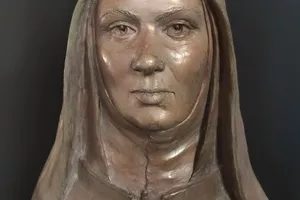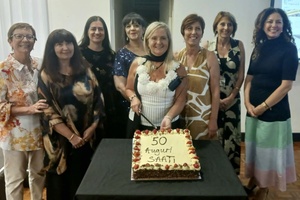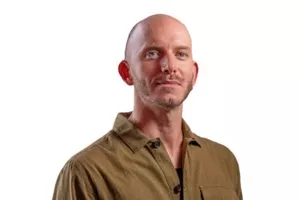Often confused with the natural process of ageing, dementia can go undiagnosed in senior citizens, blocking access to specialist care.
General ignorance about dementia can also lead to family conflict, denial, fear and misunderstanding, which can prevent an early diagnosis.
‘Moving Pictures’, which was funded by the Australian Government Department of Health in 2017, still continues to raise awareness about the disease.
After the first series of films were published in 2019, the National Ageing Research Institute (NARI) collaborated with Curtin University to launch 12 new short films in Italian, Greek, Vietnamese and Spanish.
NARI, the only independent research institute in Australia dedicated to senior health, aimed to target these communities to make access to aged-care services more inclusive.
The videos are each five minutes long, and show interviews which tell a community member’s story, detailing their experience of accessing care for a relative with dementia, while providing practical suggestions and useful information about relevant services.
Bianca Brijnath, the director of social gerontology at NARI, was responsible for the project and explained the need for ‘Moving Pictures’.
“There are currently almost 480,000 people living with all forms of dementia in Australia, and this is projected to increase to over 1 million people by 2058 without a major medical breakthrough,” Brijnath said.
“With nearly 30 per cent of Australians aged over 65 born overseas, mainly in non-English speaking countries, there are growing concerns that the prevalence of dementia in some CALD communities could increase by more than 650 per cent in the years to come.
“Through ‘Moving Pictures’, we’re sharing the stories and experiences of people living with dementia and their careers in a range of languages, to raise awareness and provide support and information.”
When the short films were published, members of the Italian community were asked to participate in a poll responding to the statement: “I feel the film will be helpful in improving knowledge about dementia in my community.”
“‘We had 700 responses from the Italian communities; 64 per cent agreed or strongly agreed, 27 per cent were neutral and 9 per cent disagreed,” Brijnath explained.
The Home Help service coordinator from CO.AS.IT. in Sydney, Alessandra Martino, has been dealing with the effects of dementia for 20 years, through her work with the community.
Martino has also witnessed the debilitating effects of the disease on a close family member, through the decline of her beloved mother-in-law, Giuseppina, over the last decade.
“Giuseppina arrived in Australia in 1951 with her husband Oreste,” Martino said.
“They were both originally from Cossano Belbo, in Piedmont, which is a village about 30 kilometres from Asti, where I grew up.
“She has always been an exceptionally active woman.
“In Queensland, where her husband worked in the sugarcane fields, she devoted herself to feeding, housing and helping thousands of Italian migrants.
“She continued her community work in Sydney, where they settled permanently.
“That’s actually how I met her, through mutual acquaintances, and we became friends before I married her son, Marco, a few years later, and gave her the gift of three grandchildren.”
Giuseppina’s decline began in 2004, when her husband passed away.
A year later, her son, Peter, also died.
After these two bitter events, Giuseppina started exhibiting signs of memory loss and she was swiftly diagnosed with dementia.
Although Martino and her husband, Marco, were no longer married, the couple banded together to support Giuseppina.
“We took care of her together for 10 years,” Martino said.
“My work meant that I immediately recognised the signs of dementia in her.
“My ex-husband didn’t want to accept the truth for some time; then, slowly, he understood that his mother was changing.
“There was a mutual understanding between Marco and me; we worked together and we supported each other.
“There are always times when you feel extremely tired, because people with dementia depend on you for everything.”
Fortunately, Giuseppina’s decline was very slow, and it was punctuated by moments of lucidity.
“When we were alone, she’d say that she felt confused and as though something was wrong,” Martino said.
“It was if she knew about the disease.
“She was sad when she saw her grandchildren but couldn’t recognise them.
“She’d ask us who the children belonged to.
“She trusted us blindly – whatever we asked her to do, she would do it.
“She said that I was her guardian angel.”
Giuseppina passed away when she was almost 94 years old, which was a great loss for the Italian community of Sydney; her absence is still felt every day.
“For me, she wasn’t just my mother-in-law,” Martino said.
“She was a friend – my best friend – and my Australian mother.
“When I came to Australia, I was 24 years old, I was alone and I had no family in the country; she welcomed me like a daughter.
“Even today, I live in the house where I took care of her, and I remember her all the time.
“Telling her story is a way to keep her with me.”
To watch Alessandra and Giuseppina Martino’s story and the other films from the ‘Moving Pictures’ project, visit the website.




























